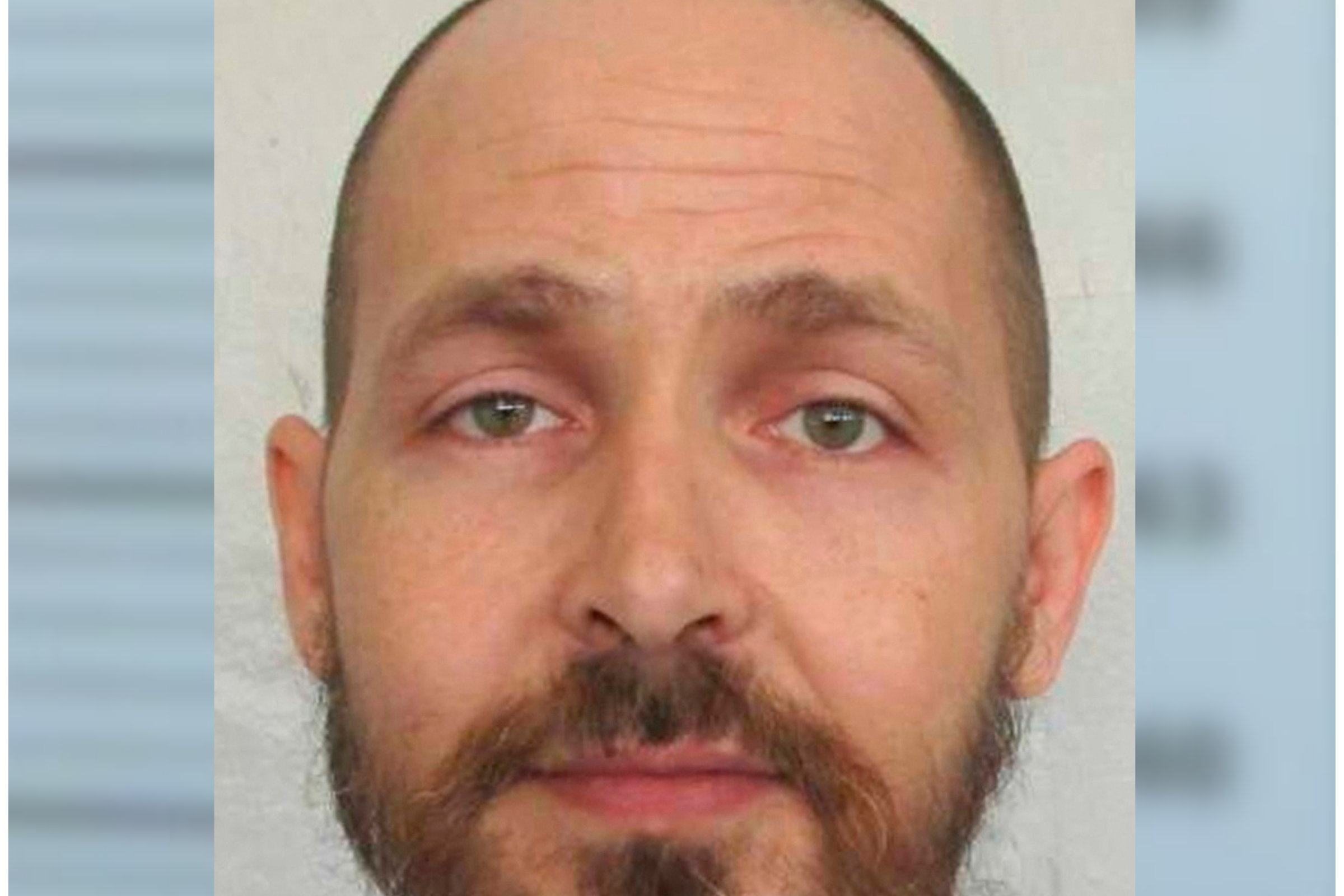A federal judge is set to determine whether Alabama can proceed with the nation’s third execution via nitrogen hypoxia. The decision follows a hearing where details about this execution method were discussed.
Carey Dale Grayson, 49, is scheduled for execution on November 21, and his legal team is pushing for a preliminary injunction to halt the process. If carried out, Grayson will join the small ranks of inmates executed by this method.
U.S. District Judge R. Austin Huffaker, Jr., who was nominated by President Trump in 2019, led the hearing on Tuesday. The state wants the judge to deny Grayson’s request and move forward with the execution, while Grayson’s attorneys argue that there are significant issues with the current protocol that the state has failed to address.

Alabama Department of Corrections via AP File
Grayson was convicted for his involvement in the 1994 murder of Vickie Deblieux. Alongside him were three others; one received a life sentence, while the others had their death sentences transformed into life sentences after a law change in 2006.
Understanding Nitrogen Hypoxia
Nitrogen hypoxia works by using a gas mask to replace the oxygen in the air with pure nitrogen, ultimately leading to death from oxygen deprivation.
The first execution by this method took place on January 25, 2023, with Kenneth Eugene Smith, who had been sentenced to death in connection with a murder-for-hire scheme. Alan Eugene Miller followed as the second inmate executed by nitrogen hypoxia on September 26, after being convicted of multiple murders.
Currently, Alabama is the only state that has utilized this method, though Mississippi and Oklahoma are also on board with it.
Witnesses to the previous executions reported observing the inmates shaking and experiencing heavy breathing during the procedure. Alabama Corrections Commissioner John Q. Hamm stated that these physical responses are to be expected based on prior research.
When Miller raised concerns about the nitrogen method, state attorneys explained the complications that arose with Smith’s execution, attributing them to his holding of breath. Miller insisted he wouldn’t resist the execution; however, critics, including Miller’s spiritual adviser, remarked that his distress was evident, as he appeared to suffer significantly.
Grayson’s legal team sought to have Miller’s execution recorded, but their request was denied.
